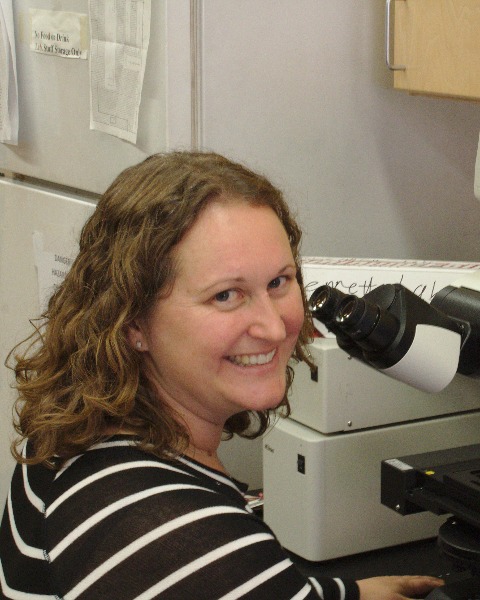P-IE
Section Symposium
“It’s Going Down for Real” Ecological Interactions in the Soil
12: The impact of soil microbial community diversity on plant and herbivore microbial diversity and fitness
Monday, November 16, 2020
6:45 PM - 7:00 PM EST

Alison Bennett
Ohio State University

Antonino Malacrinò
University of Reggio Calabria
Pisa, Italy- AK
Alison Karley
The James Hutton Institute
Dundee, Scotland, United Kingdom
Presenting Author(s)
Co-Author(s)
Soil microbiomes play a key role in nutrient cycling, but have recently gained attention for their role in plant protection against insect herbivores. We manipulated soil microbial diversity, potato and tomato species, and herbivory by aphids and tobacco hornworm. We found that soil microbial diversity influenced herbivore-associated microbiome composition, and plant species and herbivory influenced the soil microbiome composition. We quantified which factor had the strongest influence on herbivore microbiome composition, and found that the initial soil microbiome diversity explained the most variation in plant- and aphid herbivore-associated microbial communities. Our findings strongly suggest that soil community diversity is a driver of the composition of insect microbiomes, and we report correlations of soil community diversity with insect fitness. Thus, here, for the first time, we show that interactions between soil and plant-associated microbial communities have important consequences for the diversity and community composition of insect microbiomes and potentially insect fitness.

